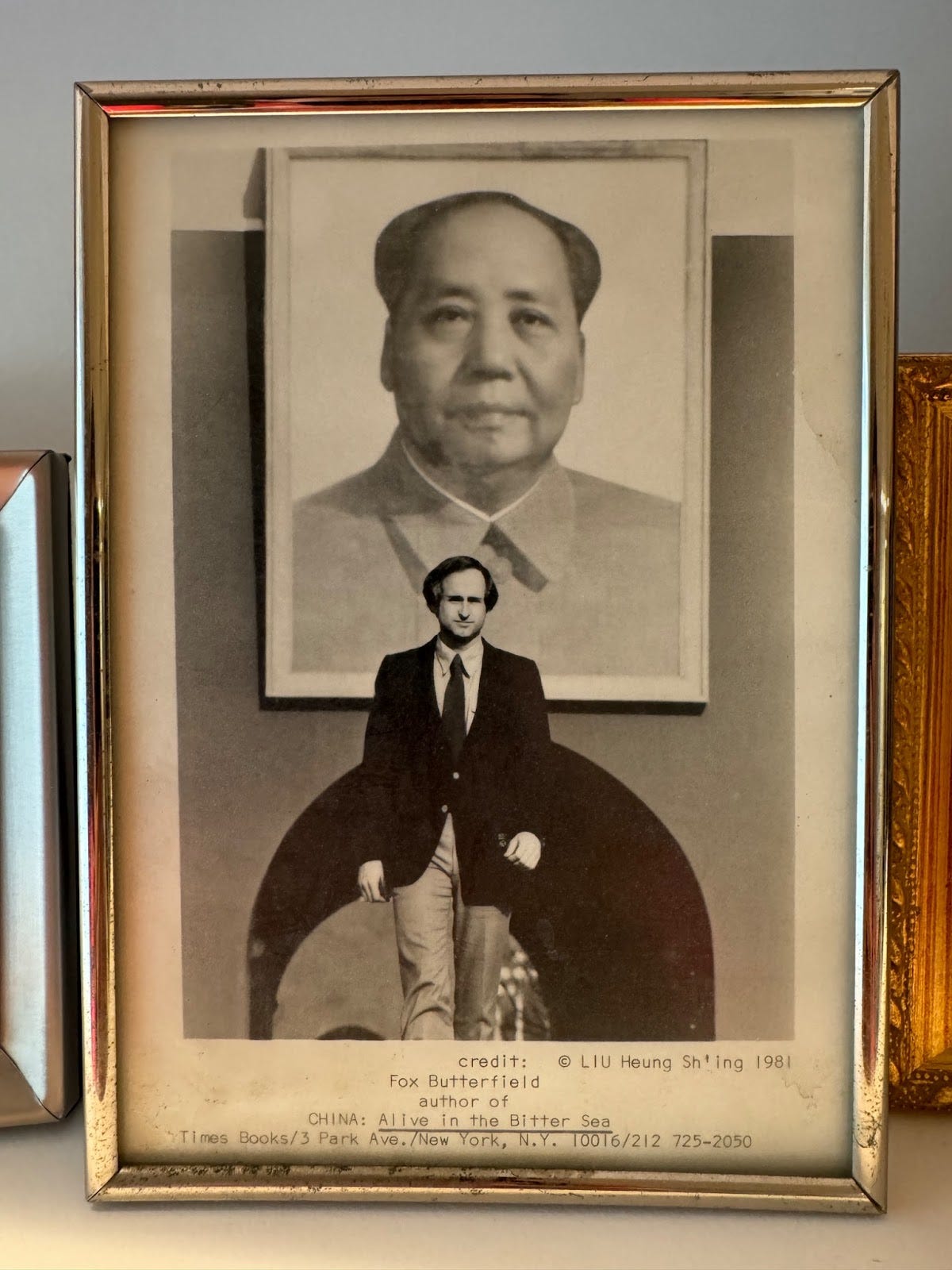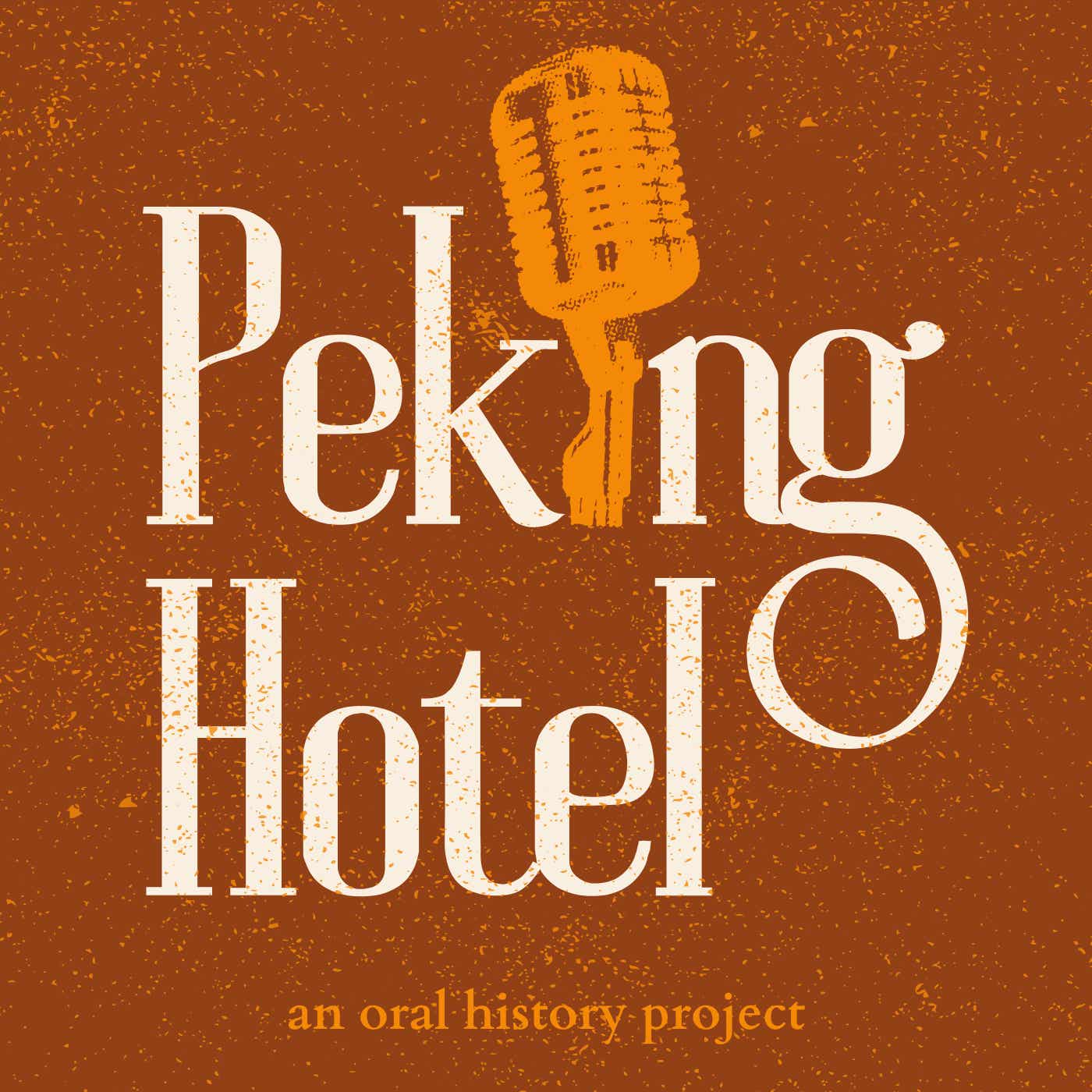
How I Opened The New York Times’s Beijing Bureau – with Fox Butterfield

Peking Hotel with Liu He
Deep Dive
- First contact with mainland Chinese in 1972 while in Vietnam.
- People's Daily viewed NYT as America's official publication.
- Tour included New York City, Washington, an Illinois farm, and Detroit.
- Revealing cultural differences in agriculture and industrialization.
Shownotes Transcript
When I arrived at Fox’s place, his chocolate lab, Charlie, greeted me with a wagging tail. The rainy weather outside, unfortunately, obscured what otherwise promised to be a stunning view of Mount Hood from Fox’s living room. But the conversation more than made up for what I missed in the landscape. Fox poured me a glass of water and sat opposite me on a grey sofa, wearing a navy blue jumper.
Early this month, we published a piece about Fox’s early study of China under John Fairbank at Harvard and his reporting in Vietnam during the war. The last piece )builds up towards this one, which delves into how Fox opened the first Beijing Bureau of The New York Times – the main reason that got me interested in his oral history in the first place.
The press, as a quintessential part of America’s cultural entourage, brought a new window for the American public to understand China. It also symbolised a gesture of goodwill from the Chinese government toward the Western world. On the ground reporting in China was a pivotal step in bridging the two nations and making China’s reality more accessible to the world.
For the keen and curious minds, Mike Chinoy’s Assignment China: An Oral History of American Journalists in the People’s Republic) offers compelling accounts from American journalists about their early experiences in the country. Forty years later, this history is only beginning to be told.
Shownotes:
10:29 Butterfield on Deng and Zhao Ziyang
13:27 Reflections on China’s attack on Vietnam
15:58 US’s critical lens on China
19:35 NYT’s Beijing Bureau at Peking Hotel
29:15 Day in life as a China correspondent
32:13 Life after China
39:45 Interactions with American politicians
40:41 Impression on Obama
45:23 Interactions with Trump
Enjoy.
Leo
The editors of this episode is Caiwei Chen and Aorui Pi.
If you are on Instagram, follow us @peking.hotel). Speaking to these thoughtful individuals and sharing their stories with you has been a privilege. Their stories often remind me of what China used to be and what it is capable of becoming. I hope to publish more conversations like this one, so stay tuned! Get full access to Peking Hotel at pekinghotel.substack.com/subscribe)